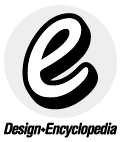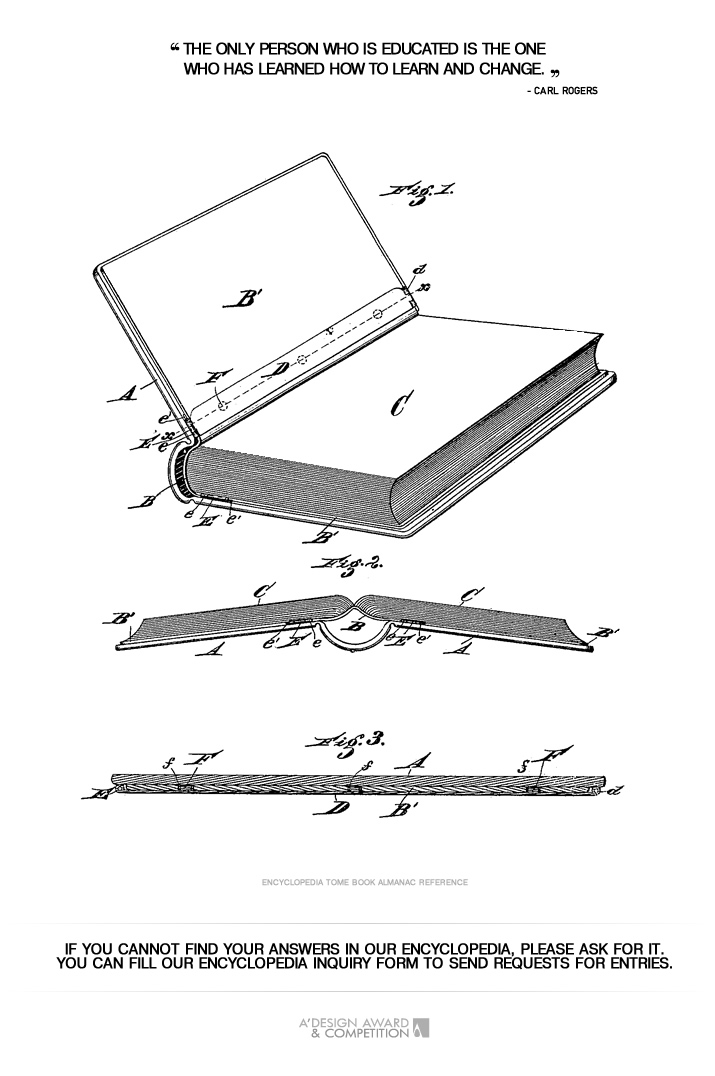
| THE AWARD |
| CATEGORIES |
| REGISTRATION |
| SUBMIT YOUR WORK |
| ENTRY INSTRUCTIONS |
| TERMS & CONDITIONS |
| PUBLICATIONS |
| DATES & FEES |
| METHODOLOGY |
| CONTACT |
| WINNERS |
| PRESS ROOM |
| GET INVOLVED |
| DESIGN PRIZE |
| DESIGN STORE |
| THE AWARD | JURY | CATEGORIES | REGISTRATION | PRESS | WINNERS | PUBLICATIONS | ENTRY INSTRUCTIONS |
Organizational Framework - Entry #479163 |
Home > Design Encyclopedia > 479163 |
 Organizational Framework
Organizational Framework
Organizational Framework is a systematic structure that defines how design activities, resources, and processes are arranged and coordinated within a creative enterprise to achieve specific objectives and maintain operational efficiency. This comprehensive approach encompasses the hierarchical arrangements, communication channels, decision-making processes, and workflow patterns that govern design operations, ensuring coherent execution of projects while maintaining quality standards. In the context of design management, it establishes clear roles, responsibilities, and reporting relationships, facilitating smooth collaboration between different design teams, departments, and stakeholders. The framework typically incorporates multiple layers of organization, from strategic planning at the leadership level to tactical implementation at the project level, while considering factors such as resource allocation, timeline management, and quality control measures. Historical development of organizational frameworks in design has evolved from traditional hierarchical structures to more flexible, matrix-based arrangements that better accommodate the dynamic nature of contemporary design practices. These frameworks often integrate various methodologies, including agile design processes, lean principles, and iterative development cycles, which have become increasingly important in modern design operations. The implementation of effective organizational frameworks has been recognized by design competitions such as the A' Design Award, where well-structured organizational approaches often contribute to successful project outcomes. The framework's significance extends to establishing standardized procedures for design documentation, version control, asset management, and knowledge sharing, while also facilitating cross-functional collaboration and innovation. Contemporary organizational frameworks in design must also address challenges related to remote work, digital transformation, and global collaboration, incorporating tools and protocols that support distributed teams while maintaining consistent design standards and practices.
Author: Lucas Reed
Keywords: Design management, operational efficiency, workflow optimization, resource allocation, structural hierarchy
 About the Design+Encyclopedia
About the Design+EncyclopediaThe Design+Encyclopedia is a crowd-sourced reference of information on design. Unlike other crowd-sourced publications on design, the Design Encyclopedia is edited and actively monitored and publishing is only possible after review of submitted texts. Furthermore, editors of the Design Encyclopedia are mostly consisting of award winning designers who have proven their expertise in their design respective fields. Information posted at design encyclopedia is copyrighted, you are not granted a right to use the text for any commercial reasons, attribution is required. If you wish to contribute to the design encyclopedia, please first register or login to A' Design Award and then start a new design encyclopedia entry.

If you did not find your answer, please feel free to check the design encyclopedia for more entries. Alternatively, you can register and type your own definition. Learn more about A' Design Award's Design+Encyclopedia.

